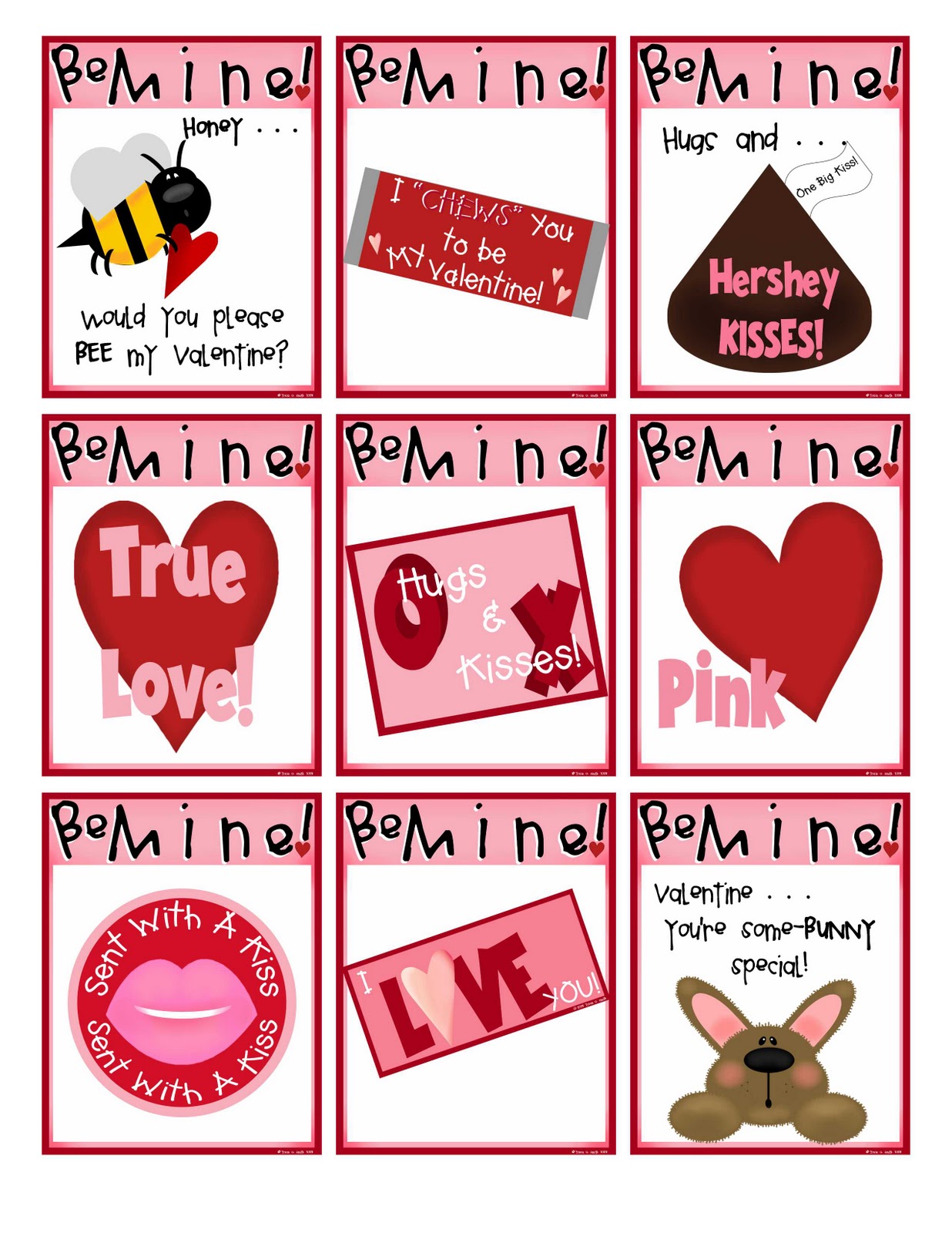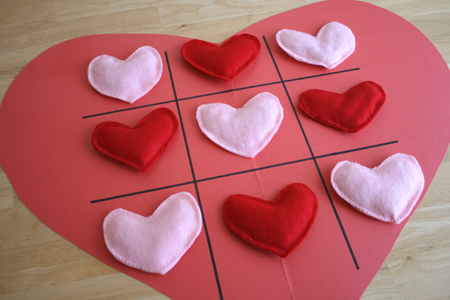It's that time of year when 'love is in the air' as Valentines Day (14th February) approaches. Husbands and wives, couples, parents and children all get a special opportunity to express their love to each other. These Valentines Day games for couples and families can help you celebrate this day.
Likes and Dislikes is a game that can help couples get to know each other and can also be used for families or as Valentines Day party games. Each player writes a list of five things they like and five things they dislike. A couple writes all ten items in one list randomly so the items are mixed between likes and dislikes, while larger groups would list them separately. The couple exchange their lists and try to work out which items are liked and which items are disliked. For parties or families, the lists are collected and one person reads the lists while the other players try to guess who wrote each one. The lists must be truthful but can include things that other players would not be aware of. For example, your family may already know you dislike spiders but may not know you dislike terracotta flower pots.
Shepherds and Wolf is an unusual two-player board game since each player has a different aim to win the game. It uses a standard chess/checkers board, and five counters or markers (four red and one white; use other colours if you don't have red and white). Player One has the four red counters (the Shepherds) which start on the black squares at one end of the board (the sheep fold). The other player has the single white counter (the Wolf) who can start on any other black square. Player One moves first and can only move one Shepherd forward diagonally one black square at a time. Player Two (the Wolf) then moves two squares diagonally in any direction. Neither Shepherds nor Wolf can jump over each other or capture each other. The Shepherds try to block the Wolf from having any valid moves (that is, two squares in a diagonal line) while the Wolf tries to get past the Shepherds to the sheep fold.
Guggenheim is another of those flexible Valentines Day games that can be played by couples, families or large groups. A keyword of four or five letters (for example, "HEART") is written down across the top of the page with each letter above a separate column. On the left side of the page are written four to eight categories such as "Colour", "Boy's Name", "Flower", "Country", and so on. Each player must try to find one word for each category starting with the letters of the keyword. For example, the category of "Girl's Name" could have Harriet, Eve, Andrea, Rachel and Therese. After everyone has filled in answers for each column and category (if possible), the answers are compared. Players score one point for any answers on more than one person's list, and two points for any unique answers. The first player to twenty points wins.








